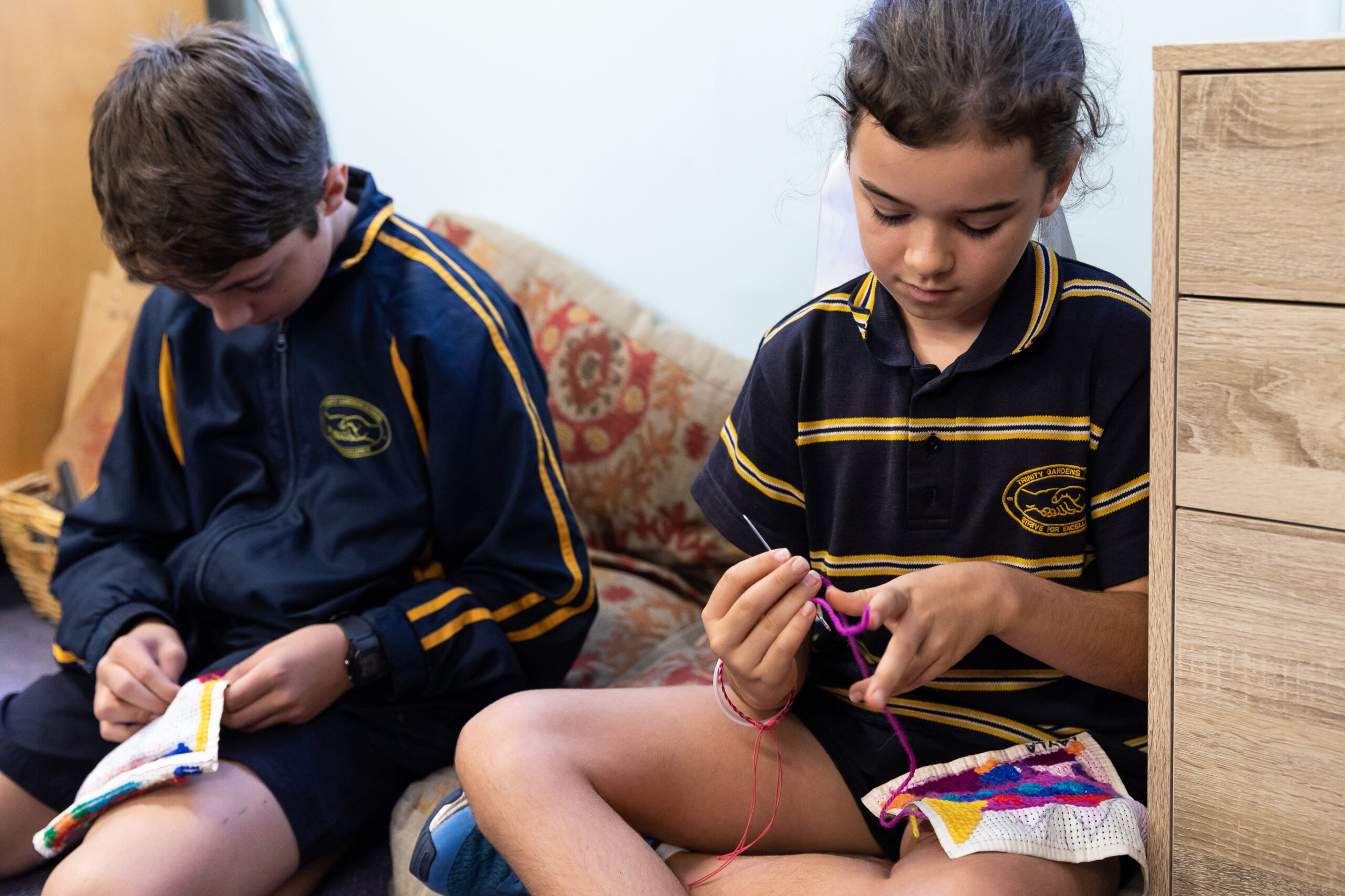Teaching to the Developmental Stages of Childhood
As parents, we all want our children to grow up to be happy, healthy, and successful individuals. But how do we help them achieve these goals? In the world of Steiner education, the answer lies in understanding the developmental stages of childhood and providing an environment that supports each stage. The Steiner approach to child development is based on the idea that children are not simply small adults, but unique individuals with their own needs, interests, and ways of learning. By providing a rich and varied environment that supports each stage of development, children can grow up to be confident, creative, and fulfilled individuals.
The Steiner approach recognises three main stages of child development: early childhood, middle childhood, and adolescence. Let’s take a closer look at each stage and how they shape a child’s learning and growth.
Early Childhood (birth to age 7)
During the early years of a child’s life, the focus is on building strong foundations for future learning. This stage is all about exploring the world through the senses, nurturing a sense of wonder and imagination, and developing basic skills through opportunities to imitate what they see in the world around them. In Steiner education, young children are encouraged to play, create, and discover through activities such as storytelling, puppetry, music, and movement. These activities help to develop language, social skills, creativity, and physical coordination.
Middle Childhood (ages 7-14)
In middle childhood, children become more independent and start to develop their own personalities and interests. The focus of this stage is on building cognitive skills, critical thinking, and problem-solving abilities. In Steiner education, children are encouraged to learn through practical, hands-on activities that engage the mind and the senses. For example, students learn math through studies of the geometry of nature and the mapping of their environment. They are encouraged to develop skills in narrative writing and to express themselves through words, number music, theatre and movement. This approach helps children to develop a love of learning and to see how different subjects are interconnected.
Adolescence (ages 14-21)
During adolescence, children are going through major physical, emotional, and social changes. They are exploring their identities, developing their own values, and preparing for adulthood. In Steiner education, the focus is on helping adolescents to discover their unique talents and passions, and to develop a sense of purpose and direction. This stage involves more academic and intellectual learning, but it is also important to continue to nurture the whole child through creative and social activities.
So if you’re looking for an education approach that nurtures the whole child, consider Steiner education.
Discover the Steiner approach within the Steiner Stream at Trinity Gardens School. With a focus on building strong foundations, developing critical thinking, and discovering unique talents, this holistic education approach can help your child reach their full potential and lead a fulfilled life.

